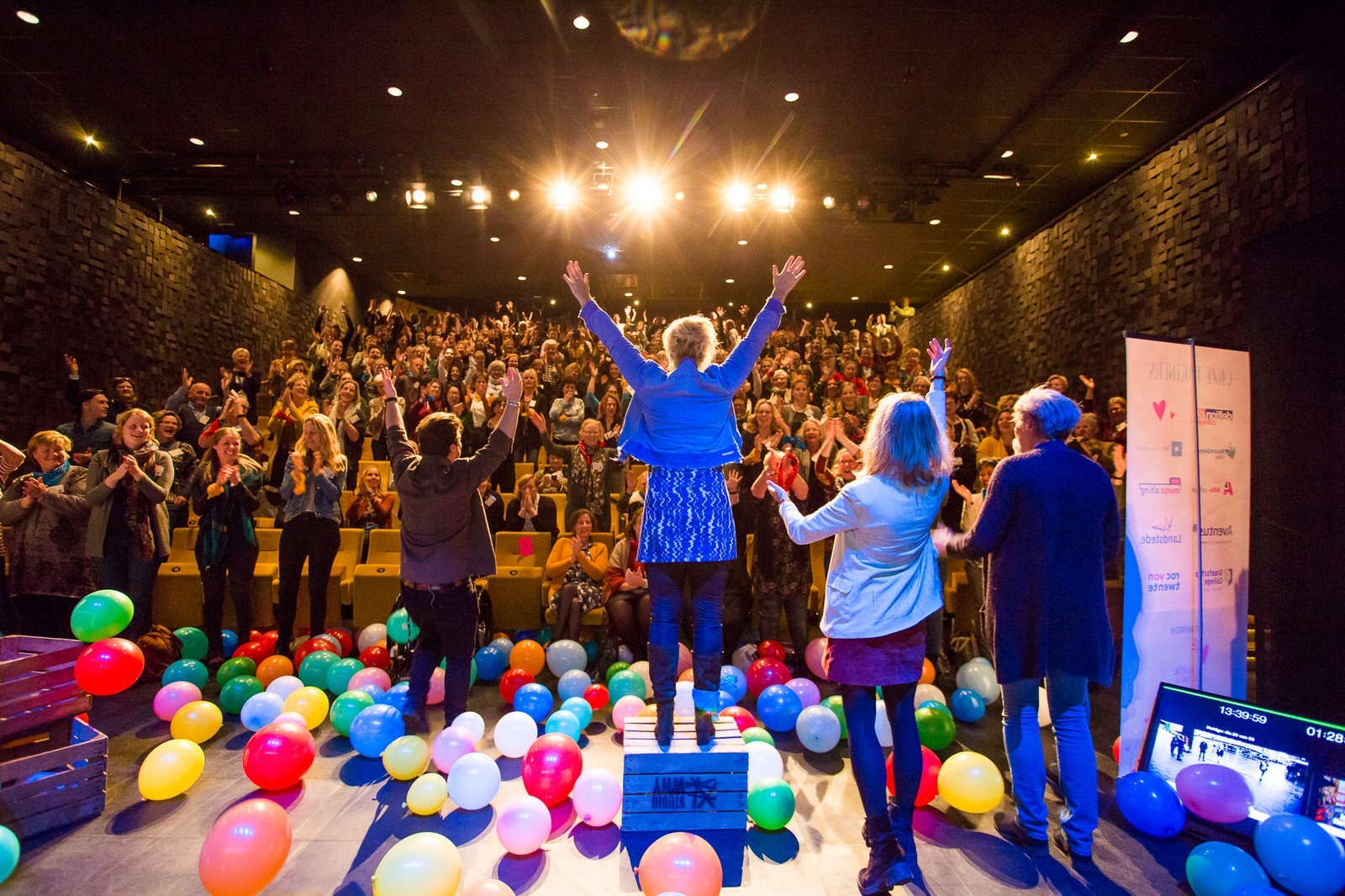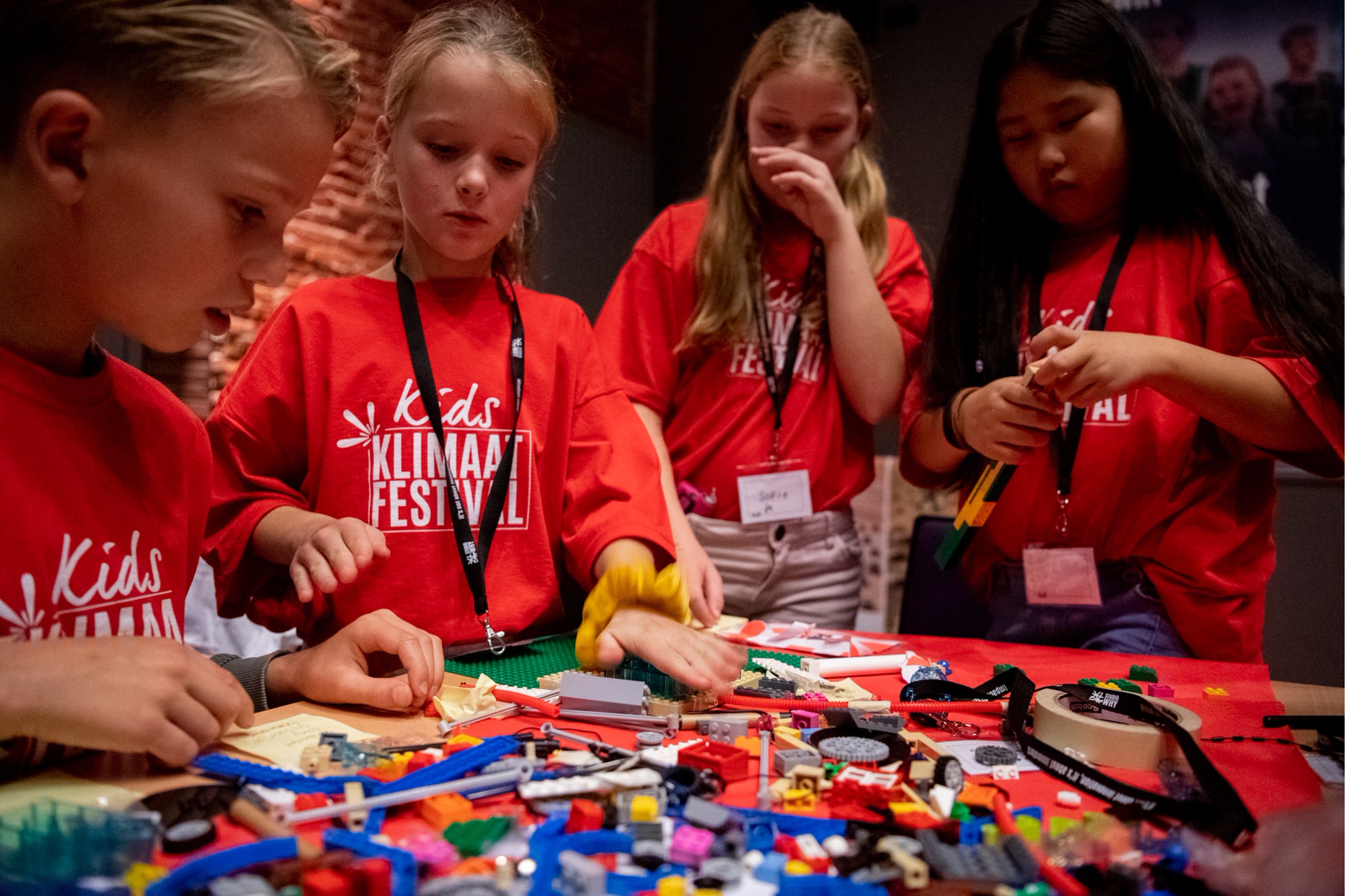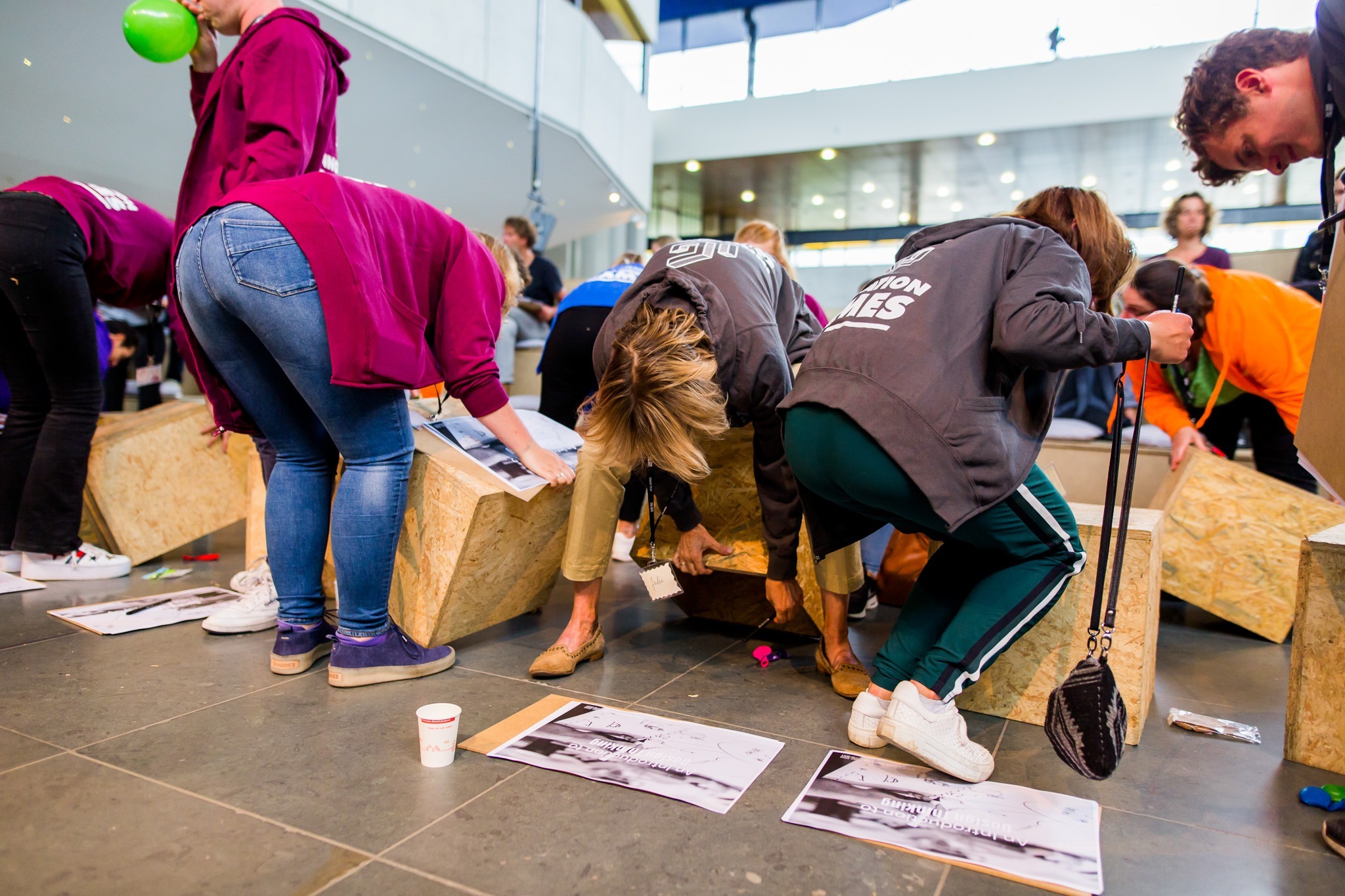
METAMORPHANY’S YOUTH-DRIVEN INNOVATION PROGRAM FOR SCHOOLS
Unlocking the Power of Teachers and Youth
to advance Sustainable Development: A Holistic Approach
Unlocking the Power of Teachers and Youth
to advance Sustainable Development: A Holistic Approach
BY MICHAEL SMITS
ARTICLE DATE: 31 JANUARY 2024
LOCAL COMMUNITY: GLOBAL
FACILITATOR(S)/ADVOCATE(S): METAMORPHANY CHANGEMAKERS AND TEACHERS
CONCEPT AND METHODOLOGY: METAMORPHANY’S HOLISTIC EDUCATION MODEL, CHANGEMAKER COLLECTIVE, AND YOUTH-DRIVEN INNOVATION PROGRAM IN CLASSROOMS
GLOBAL IMPACT PATH: METAMORPHANY’S INTERNATIONAL YDI PROGRAM, INTERNATIONAL COLLABORATION NETWORK IN EDUCATION & INNOVATION AND THE CHANGEMAKER COLLECTIVE
In today’s Brittle, Anxious, Non-Linear and Incomprehensible (BANI) world[1], the role of education in advancing sustainable development is more crucial than ever. This post delves into the significance of actively involving teachers and youth in decision-making processes related to education and sustainability. It not only highlights the importance of youth engagement but also showcases the benefits of project-based learning in fostering sustainability
The Significance of Youth Involvement
Sustainable development encompasses a spectrum of global challenges, from environmental to health concerns and from education to equity, and economic fairness to peace. To address these interconnected issues effectively, it’s imperative to include diverse perspectives, especially those of young individuals. The UN Secretary-General António Guterres has stressed that achieving the 2030 Agenda for Sustainable Development depends on the involvement of the world’s 1.2 billion young people.[2] Youth participation leads to cross-generational knowledge exchange and can reveal innovative solutions to complex problems.[3]
Why Youth Matter
Actively involving young people in decision-making processes related to education and sustainability is pivotal for several reasons. Firstly, it promotes inter-generational learning and mutual respect, as young individuals learn from older generations, and vice versa. Secondly, it empowers young people to shape their own futures, instilling a sense of ownership, commitment, and agency to sustainable development. Lastly, the fresh perspectives of youth can lead to transformative solutions that might elude those entrenched in existing systems.[4]
Initiatives That Empower Youth
Various initiatives globally recognize the essential role of youth in advancing sustainable development. For instance, the United Nations’ “Youth and the 2030 Agenda for Sustainable Development” report explores the intrinsic connection between the sustainable development agenda and youth development efforts.[5] Additionally, collaborative research by the Asian Development Bank and Plan International highlights the tangible contributions of young people to the Sustainable Development Goals.[6]

As young people are poised to inherit the consequences of contemporary decisions, their active involvement in shaping sustainable solutions is paramount
Local Initiatives Leading the Way
Locally, organizations like UNICEF are making a significant impact by engaging young problem solvers in collaborative efforts with diverse community members, such as parents, teachers, and healthcare workers, plus collaborates with governments, private-sector companies & NGOs, and academic partners.[7] These initiatives empower young minds to innovate and implement solutions that address real-world challenges, thus contributing to broader sustainable development goals.
The Power of Project-Based Learning
To equip students to tackle real-world sustainability challenges, project-based and play-based learning methods are instrumental. These approaches foster creativity, problem-solving skills, and social responsibility. Notably, research indicates that project-based learning outperforms traditional teaching methods and benefits students of all backgrounds.[8][9] In addition, by employing collaborative tools like digital blackboards and online whiteboarding platforms such as Miro or Mural, students, teachers and other stakeholders can effectively collaborate on actionable ideas beyond the classroom walls. These tools enable teachers to enhance the students’ learning and engagement even further, while enhancing their digital skills through interactive learning.
A Holistic Approach to Education
Holistic education, which focuses on the whole person, including emotional, social, ethical, and academic needs, enhances the learning experience and fosters innovative problem-solving. The holistic approach to education and sustainable development emphasizes the importance of the learning environment’s role in students’ well-being and development.[10] We know that the learning environments that do best in creating a psychologically safe and fun and engaging space for both teachers and students also do best on almost every aspect of learning and development of students and teachers.[11] These schools also have a higher stability in teacher retention.[12] With escalating mental health challenges among both youth and educators, [13][14] a holistic approach to education has become critical. Holistic education is an approach to learning that aligns with the principles of “Teal” organizations and encourages self-directed learning. Such an approach prepares students and teachers to be proactive agents of change.[15]
Global Examples of Success
In Europe, countries like Finland and the Netherlands exemplify successful holistic approaches to education.[16][17] These nations prioritize learner-centric education, well-being, and sustainability seamlessly integrated into their curricula. These examples also demonstrate the transformative power of holistic education in creating proactive changemakers. In this landscape, social enterprise Metamorphany Changemakers contributes across geographical boundaries and educational frameworks. With their programs and coaching, they help schools embed holistic learning approaches within their learning communities.[18]

a SUCCESSFUL holistic approach to education requires active participation and collaboration of both students and educators — It embodies educators themselves as lifelong learners and active practitioners of curiosity, exploration, and resilience.
The Role of Teachers
Teachers play a pivotal role in sustainable development by integrating sustainability concepts into their lessons and inspiring students to become responsible global citizens.[19] They can also participate in solution labs, engaging in real-world problem-solving with students. By embracing this multifaceted role and actively participating, teachers not only pass on knowledge but also embody the benefits of global learning, equipped to inspire and shape the next generation of responsible global citizens. Additionally, the active participation of teachers in such collaborative initiatives shows the importance of a holistic approach to education, wherein educators themselves are lifelong learners and active practitioners of curiosity, exploration, and resilience.
The Road Ahead
As sustainable development becomes increasingly pressing, it’s essential for teachers to continue learning and growing.[20]Professional development initiatives that focus a dynamic blend of innovation methods, sustainability, and holistic well-being can empower both teachers and students to drive positive change. Social-benefit organizations like Metamorphany Changemakers have purposefully integrated all of these critical components into their holistic Innovation and Well-being programs for schools, teachers, students and even parents. Programs like that have been purposefully designed to help schools and their community start their transformation journey today.
In conclusion, the article emphasizes the collective role of youth, educators, and the learning environment in shaping a more sustainable and equitable world. It underscores the importance of integrating sustainability concepts into education and fostering a culture of sustainability that extends beyond educational institutions.
Dive Deeper: Download the Full Whitepaper
For a deeper dive into the transformative power of youth involvement and holistic education in sustainable development, download the full whitepaper. Discover how these principles can shape a more sustainable and equitable world for generations to come. [Download Now]
FOR MORE INFORMATION ABOUT OUR (INTERNATIONAL) YOUTH-DRIVEN INNOVATION (YDI) PROGRAM, CONTACT US DIRECTLY.
We look forward to it.
References
[1] Forbes. (2022) “What BANI really means and how it corrects your world view”
[2] United Nations. (2018). “Youth 2030: The United Nations Youth Strategy”. United Nations.
[3] UNESCO. (2017). “Education for Sustainable Development Goals: Learning Objectives”. United Nations Educational, Scientific and Cultural Organization.
[4] Künkel, J.; Antunes, P.; Piña-Ferreira, E.; Wall, T.; & Lütz, J. M. (2020). “Key Competences for Sustainability in Higher Education—A Literature Review”. Sustainability, 12(5), 1832.
[5] UN DESA. (2021). “World Youth Report on Youth and the 2030 Agenda for Sustainable Development”. United Nations Department of Economic and Social Affairs.
[6] Asian Development Bank (ADB) & Plan International, UK. (2018). “What’s the Evidence? Youth Engagement and the Sustainable Development Goals”.
[7] UNICEF. (2020). “Global Innovation Strategy and framework 2.0: The ABC’s of innovation. Matching today’s challenges with tomorrow’s solutions”
[8] UNC Dornsife CESR. (2021). “Knowledge in Action: Efficacy Study Over Two Years”. University of Southern California’s Dornsife Center for Economic and Social Research.
[9] Michigan State University; University of Michigan; and United States Department of Agriculture. (2021) “Assessing the Effect of Project-Based Learning on Science Learning in Elementary Schools”
[10] Govorova, E.; Benítez, I.; Muñiz, J. (2020). “How Schools Affect Student Well-Being: A Cross-Cultural Approach in 35 OECD Countries”. Frontiers in Psychology, volume 11.
[11] University College London. (2020). “Creating safe spaces for students in the classroom”. Meta-analysis and guide.
[12] Nguyen, T. D.; Springer, M. G. (2019). “Reviewing the evidence on teacher attrition and retention”. Meta-analysis, The Brookings Institute
[13] UNICEF. (2021). “The State of the World’s Children 2021 – On My Mind: Promoting, protecting and caring for children’s mental health”
[14] ETUCE. (2023). “ETUCE Position on a European comprehensive approach to Mental Health”. European Trade Union Committee for Education.
[15] So, K., Park, N. (2022) “Can Teachers Be Change Agents? A Critical Analysis of Teacher Images in School Reform Policies”. Asia-Pacific Edu Res 31, 39–48
[16] The Economist. (2020) “The Worldwide Educating For The Future Index 2019”
[17] Agora Education Foundation (Vereniging Agora Onderwijs)
[18] Metamorphany Changemakers.
[19] Bourne, D. (2016). “Teachers as agents of social change”. Development Education Research Centre, UCL Institute of Education, University of London, UK
[20] OECD (2016), Innovating Education and Educating for Innovation: The Power of Digital Technologies and Skills, OECD Publishing.